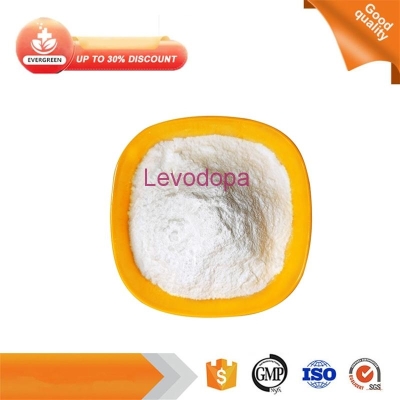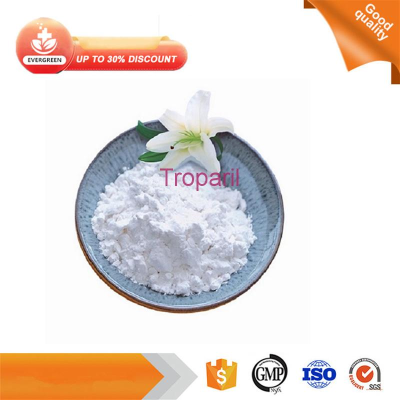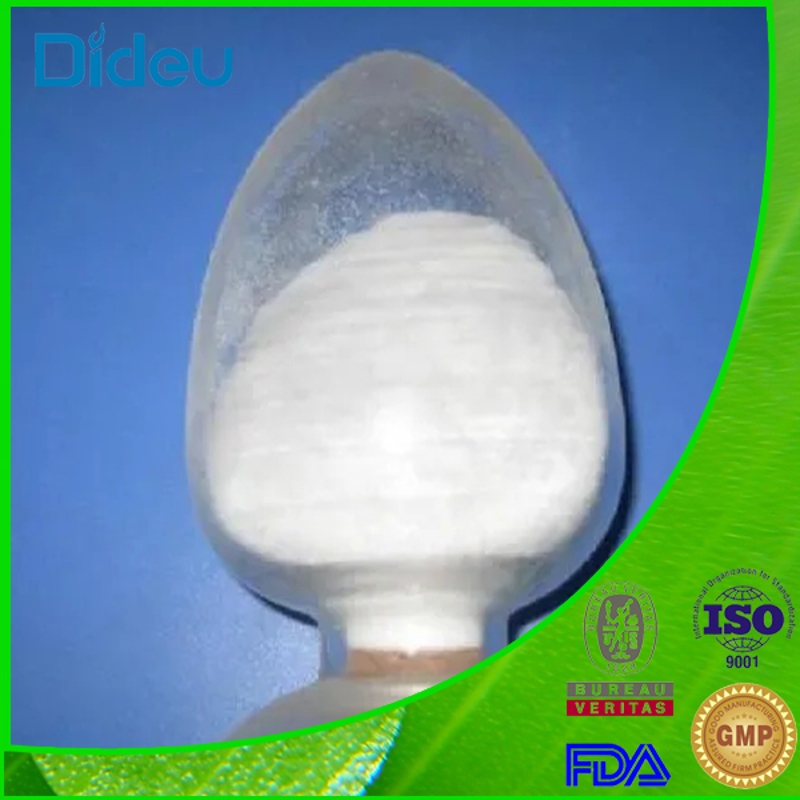-
Categories
-
Pharmaceutical Intermediates
-
Active Pharmaceutical Ingredients
-
Food Additives
- Industrial Coatings
- Agrochemicals
- Dyes and Pigments
- Surfactant
- Flavors and Fragrances
- Chemical Reagents
- Catalyst and Auxiliary
- Natural Products
- Inorganic Chemistry
-
Organic Chemistry
-
Biochemical Engineering
- Analytical Chemistry
- Cosmetic Ingredient
-
Pharmaceutical Intermediates
Promotion
ECHEMI Mall
Wholesale
Weekly Price
Exhibition
News
-
Trade Service
Anticalcitonin gene-associated peptide receptor antibodies are approved as a preventive treatment
for migraine.
Following a recent retrospective analysis of post-marketing case reports of etanetumab, concerns about enanetumab-related elevated blood pressure have raised concerns
.
Recently, a research article was published in Neurology, an authoritative journal in the field of neurology, in this prospective follow-up study, researchers aimed to evaluate the safety efficacy
of calcitonin gene-related peptide receptor antibodies on blood pressure (BP) in the real world.
The investigators included all migraine patients
treated with etanemab and flumanazumab at the Leiden Headache Center between January 2019 and January 2021.
From baseline (T0) to the end of 12 months follow-up, with an interval of 3 months (T1-T4).
The mixed linear model fit time was fixed-effect and random-effect
for patients.
Both systolic and diastolic blood pressure at T1-T4 time points increased compared with T0 (p<0.
001).
The estimated maximum increase in mean systolic blood pressure was 5.
2 mmHg (95% CI 3.
1 to 7.
5).
The maximum estimated increase in mean diastolic blood pressure was 3.
5 mmHg (95% CI 2.
0 to 4.
9).
In the etanemab group (n=109), systolic and diastolic blood pressure were elevated at all time points compared with T0 (all p<0.
001).
Compared with T0, flumanazumab (n=87) increased systolic blood pressure (p=0.
006) at T1 (p=0.
006) and T2 (p=0.
004), while diastolic blood pressure did not increase
.
Four (3.
7%) patients with normal blood pressure at T0 required antihypertensive therapy
after receiving etanetumab.
It can be seen that mean systolic and diastolic blood pressure increases
after treatment with anticalcitonin gene-related peptide (receptor) antibodies.
Most patients maintain blood pressure within the normal range, but some require antihypertensive therapy
.
Doctors should be aware that people with migraines may be at risk of developing high blood pressure when treated with anticalcitonin gene-associated peptide (receptor) antibodies, which should be added to treatment
guidelines.
Original source:
Simone de Vries Lentsch,et al.
Blood Pressure in Migraine Patients Treated With Monoclonal Anti-CGRP (receptor) Antibodies: A Prospective Follow-up Study.
Neurology.
2022.
https://n.
neurology.
org/content/early/ 2022/10/04/WNL.
0000000000201008







